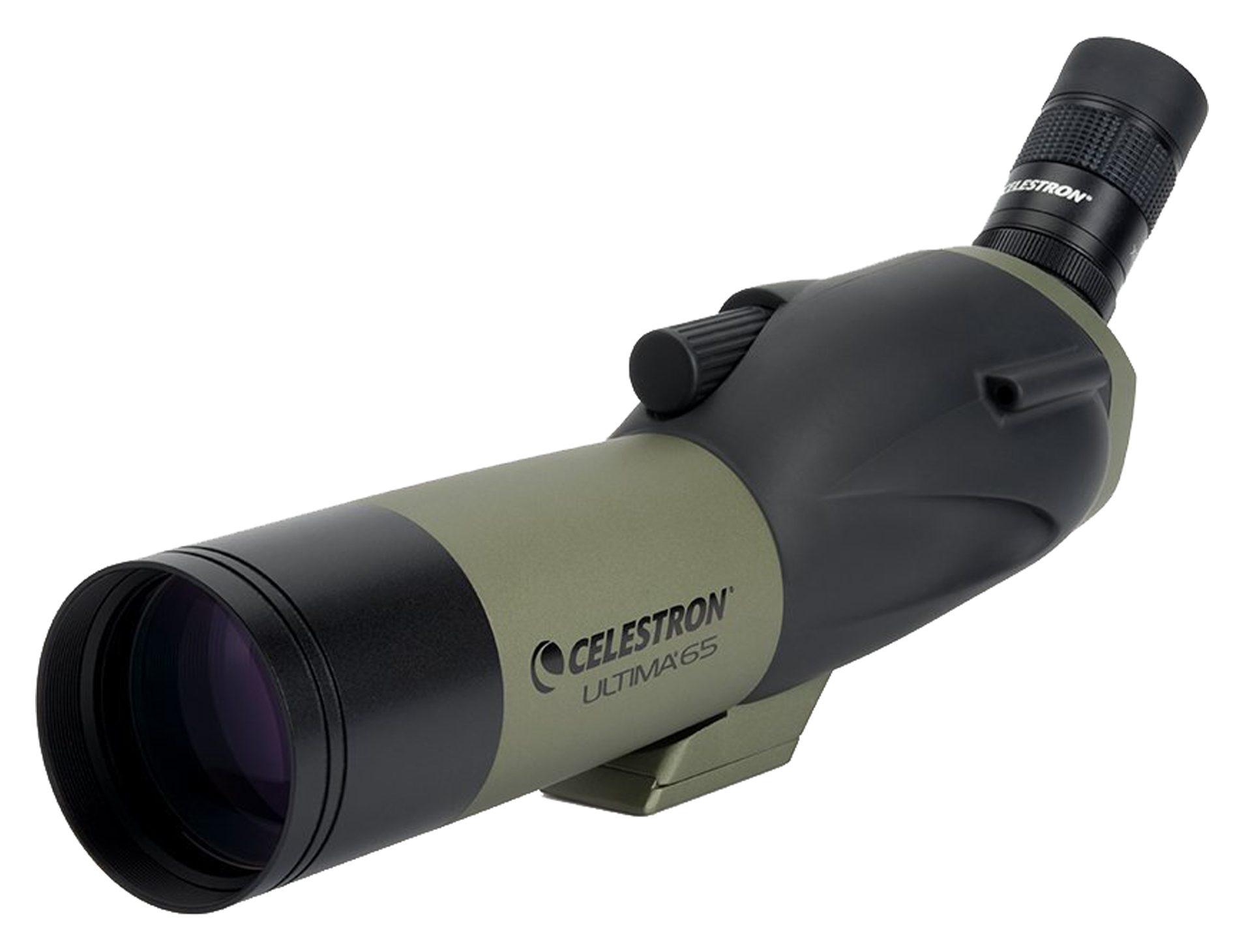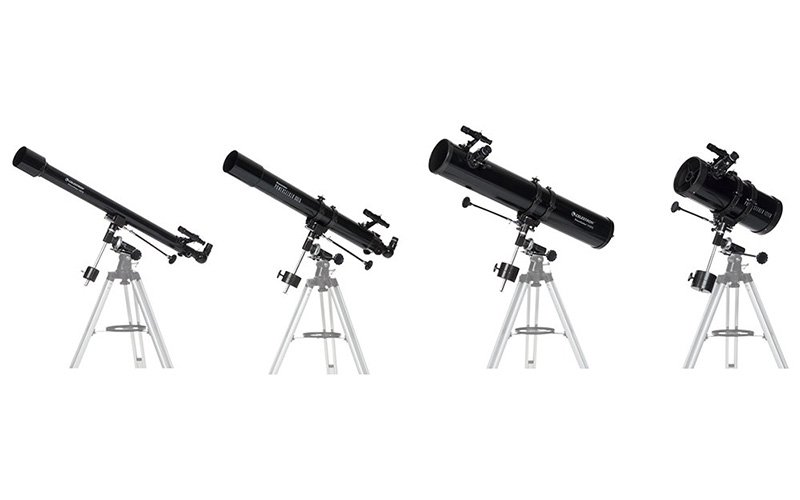MisterB
LIFE MEMBER
- Feb 25, 2018
- 7,100
- 16,713
- Funster No
- 52,564
- MH
- Adria 670 SLT
- Exp
- enough to know i shouldnt touch things i know nothing about ....
Thanks for looking in, i am thinking of buying a telescope for me and my 5 year old grandson to use. he has an infatuation with the moon and solar system and i would like to help him enjoy it more and join in with him as he learns. i realise he isnt going to be able to see everything or prob not even to be able to operate it without his grandfathers 'expertise' (which is currently NONE!!, but i am his grandfather so he expects me to 'know stuff')
what i am looking for is a simple to use and operate (pref reasonably portable and compact) that comes in around the £100 - £150 or so price range.
i havent got a clue what to look for or where to start, so please respond in simple 'language'. it would be great to get away, when we can and meet up with any funsters who actually know what to do, where to look etc. we could go to a club i suppose, but he isnt (and im not) at that stage yet so a meet up somewhere seems to be a good option if anyone is willing to share their love/hobby and give us some pointers?
i would imagine he would be content with seeing the moon and some planets in real life as opposed to in books or on tv. i would be happy just to see him enjoying himself !
what i am looking for is a simple to use and operate (pref reasonably portable and compact) that comes in around the £100 - £150 or so price range.
i havent got a clue what to look for or where to start, so please respond in simple 'language'. it would be great to get away, when we can and meet up with any funsters who actually know what to do, where to look etc. we could go to a club i suppose, but he isnt (and im not) at that stage yet so a meet up somewhere seems to be a good option if anyone is willing to share their love/hobby and give us some pointers?
i would imagine he would be content with seeing the moon and some planets in real life as opposed to in books or on tv. i would be happy just to see him enjoying himself !







